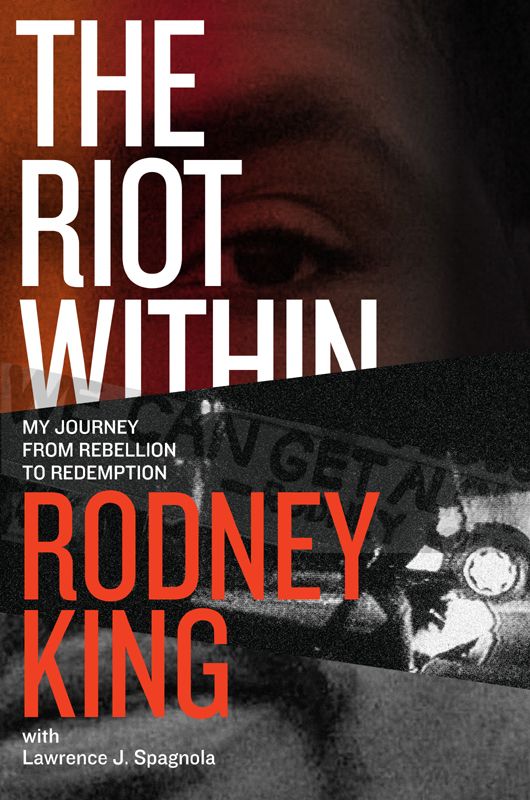

Most ebook files are in PDF format, so you can easily read them using various software such as Foxit Reader or directly on the Google Chrome browser.
Some ebook files are released by publishers in other formats such as .awz, .mobi, .epub, .fb2, etc. You may need to install specific software to read these formats on mobile/PC, such as Calibre.
Please read the tutorial at this link: https://ebookbell.com/faq
We offer FREE conversion to the popular formats you request; however, this may take some time. Therefore, right after payment, please email us, and we will try to provide the service as quickly as possible.
For some exceptional file formats or broken links (if any), please refrain from opening any disputes. Instead, email us first, and we will try to assist within a maximum of 6 hours.
EbookBell Team

0.0
0 reviewsOn a dark street, what began as a private moment between a citizen and the police became a national outrage.
Rodney Glen King grew up in the Altadena Pasadena section of Los Angeles with four siblings, a loving mother, and an alcoholic father. Soon young Rodney followed in Dad's stumbling steps, beginning a lifetime of alcohol abuse.
King had been drinking the night of March 3, 1991, when he engaged in a high-speed chase with the LAPD, who finally pulled him over. What happened next shocked the nation. A group of officers brutally beat King with their metal batons, Tasered and kicked him into submission—all caught on videotape by a nearby resident. The infamous Rodney King Incident was born when this first instance of citizen surveillance revealed a shocking moment of police brutality, a horrific scene that stunned and riveted the nation via the evening news. Racial tensions long smoldering in L.A. ignited into a firestorm thirteen months later when four white officers were acquitted by a mostly white jury. Los Angeles was engulfed in flames as people rioted in the streets. More than fifty people were dead, hundreds were hospitalized, and countless homes and businesses were destroyed.
King's plaintive question, "Can we all just get along?" became a sincere but haunting plea for reconciliation that reflected the heartbreak and despair caused by America's racial discord in the early 1990s.
While Rodney King is now an icon, he is by no means an angel. King has had run-ins with the law and continues a lifelong struggle with alcohol addiction. But King refuses to be bitter about the crippling emotional and physical damage that was inflicted upon him that night in 1991. While this nation has made strides during those twenty years to heal, so has Rodney King, and his inspiring story can teach us all lessons about forgiveness, redemption, and renewal, both as individuals and as a nation.